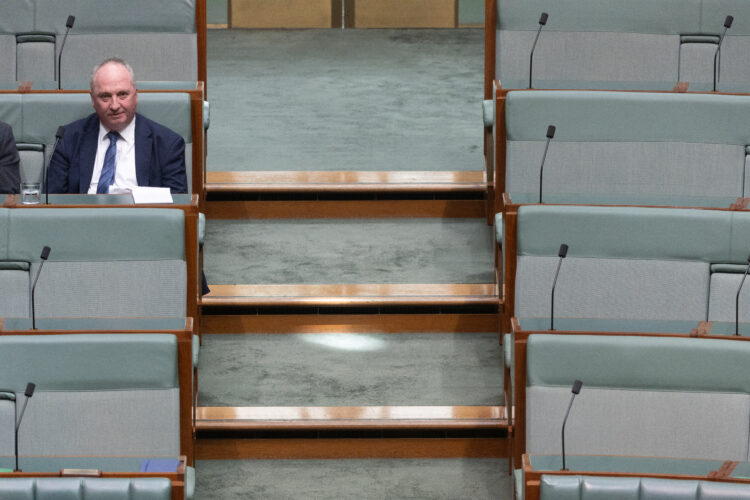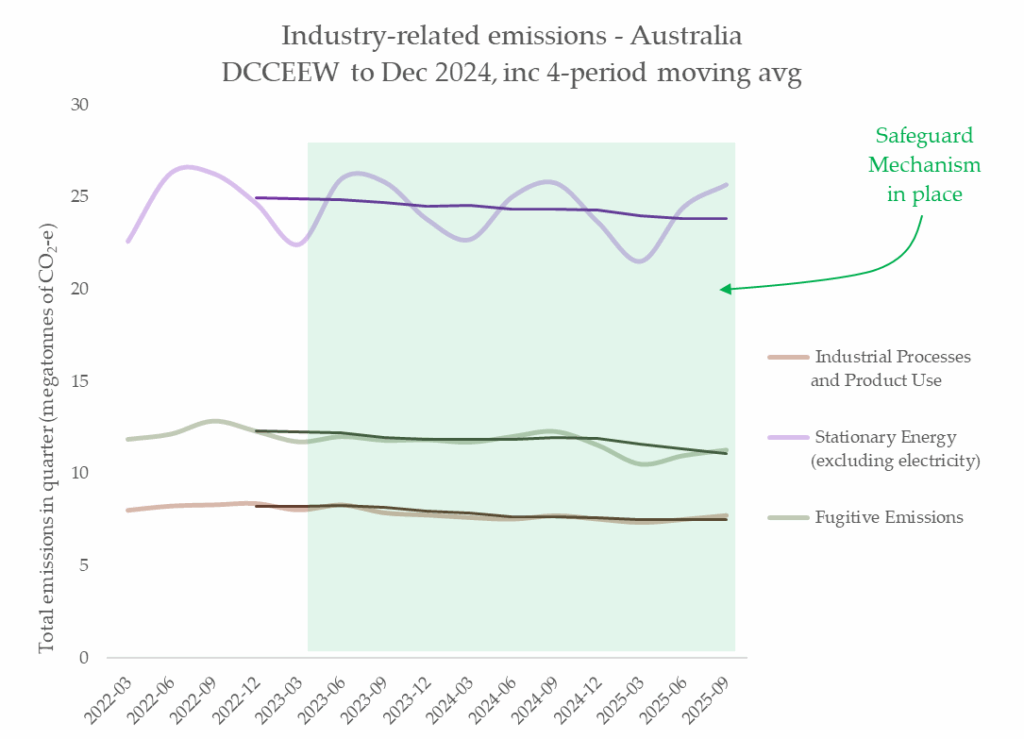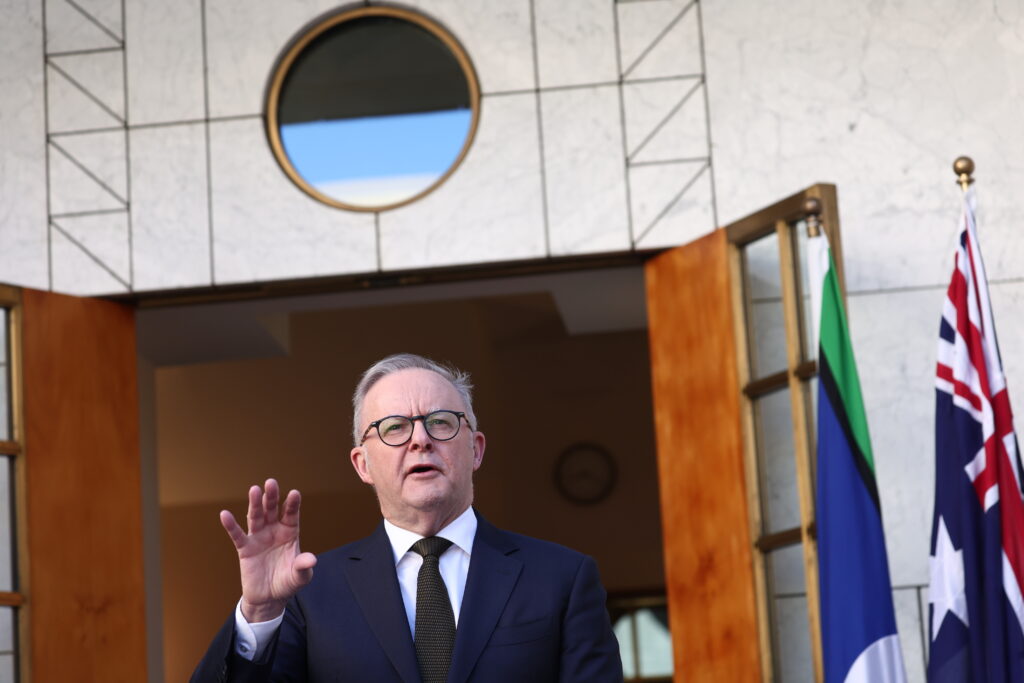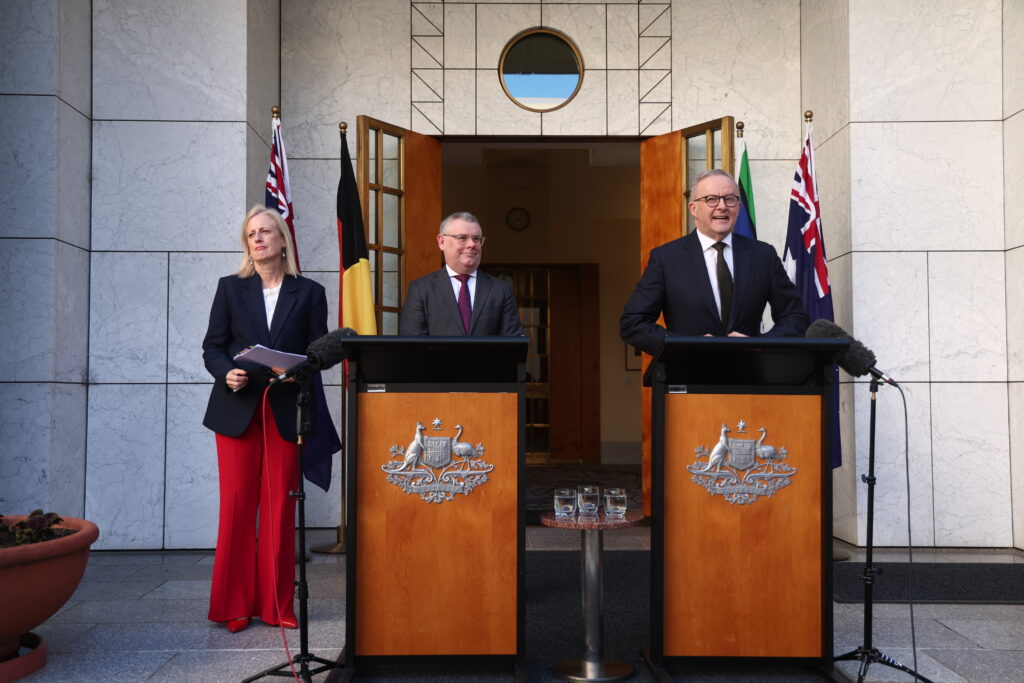The only thing that can save the environment is stopping new gas and coal
The EPBC is a planning instrument and while this bill is stronger with the Greens’ amendments, it will not secure a safe climate and protect biodiversity.
The most important contribution Australia can make to stabilising our climate is committing to no new gas and no new coal. It’s time for Resources Minister Madeleine King, Climate Change Minister Chris Bowen, and Prime Minister Anthony Albanese to plan for a fossil fuel phase out.
Last week, in the Brazilian city of Belém, Australia and 23 other countries committed to a transition away from fossil fuels.
Our parliament’s work to live up to that commitment begins now.
Australia Institute research shows that Australia is currently expanding fossil fuels, with 94 new coal and gas projects in the pipeline.
Around 130 environment groups also expressed their concern about Labor’s proposed national environment law reforms, in an open letter to the Federal Government published in several newspapers across the country.
“Nearly a fifth of Australia’s domestic emissions now come from exporting fossil fuels overseas, nothing in this new act will change that,” said Leanne Minshull, co-CEO of The Australia Institute.
“We know, through the National Climate Risk Assessment, Australia is facing devastating environmental and economic consequences as a result of climate change – and fossil fuels are the cause.”






